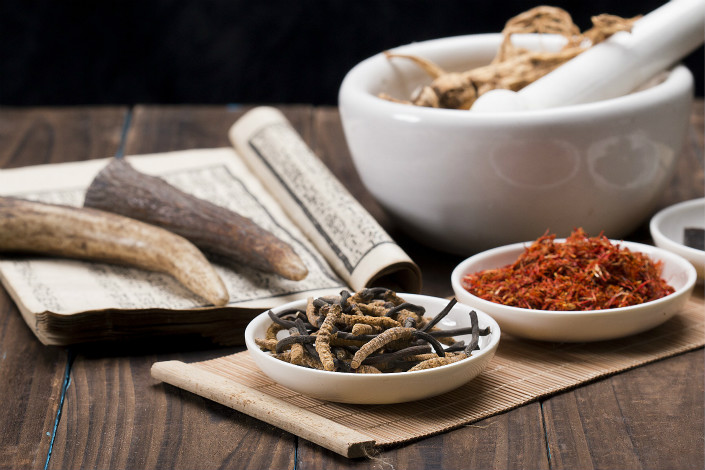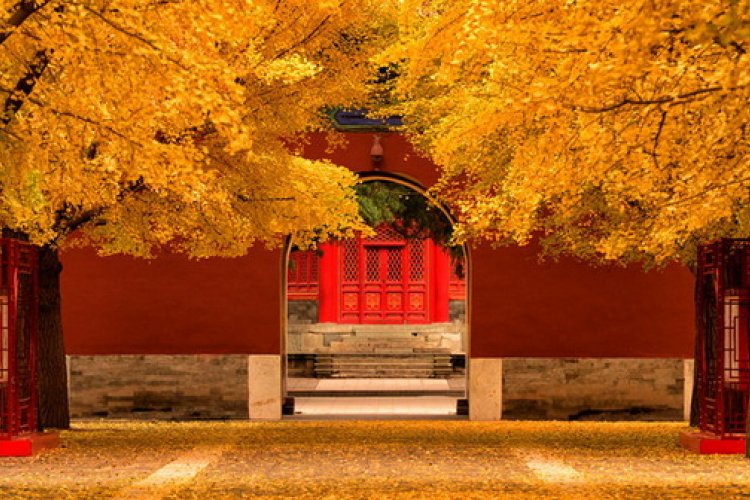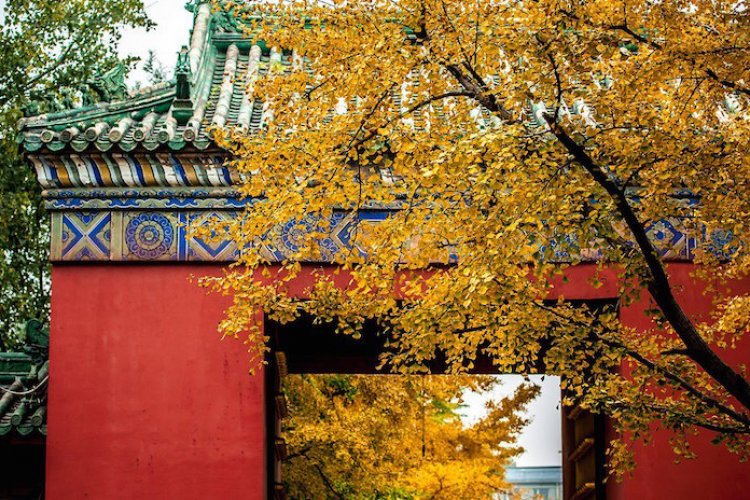Talking TCM: Best Medicines and Remedies to Cure Your Hangover
If you're planning on having a bit too much fun this weekend, you could stock up on Gatorade in preparation for the next morning. On the other hand, why not pair your baijiu hangover with a traditional Chinese remedy?
From the perspective of Chinese medical philosophy, a hangover is often viewed as an illness that can damage your health and qi due to the inner-cold that it causes. It can disrupt the balance of Yin and Yang, which will lead to some serious physical reactions and symptoms (you're probably well aware of that though).
It has been a long time since ancient Chinese consumed horse brain to stop the throbbing of their own noggin, but there are many traditional medicines that are still used in China to help relieve the aforementioned conditions and return you to a state of harmony and balance. Below, we'll explore the medicines and ingredients that Middle Kingdom drinkers have sworn by for centuries and that can be found at any traditional Chinese medicine pharmacies.
The Curing Pill (康宁丸 Kang Ning Wan)
This is an old Chinese medicine long known for its significant effect in dealing with hangovers. This Chinese remedy is widely used to nourish your qi and help you assimilate yang to fight off the most common illnesses. It contains a medley of herbs that tackle the main symptoms of a hangover: dehydration, fatigue, headaches, and stomachaches. You're probably best off purchasing the pills, but alternatively, you could sack up its ingredients and prepare a tea made out of them. Most of them are available on Taobao or at your local pharmacy.
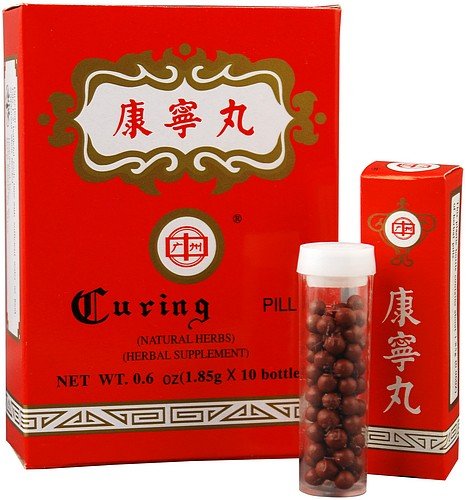
Ingredients:
Poria Cocos (茯苓 fúlíng) – A natural fungus and qi tonic that enhances your immune system. Some pharmacies will offer to grind it into powder for you.

Atractylodes (白术 báizhú) – A natural plant that gives you energy and regulates the digestive system.
Angelica Dahurica (白芷 báizhǐ )– A major herb for relieving headaches and body soreness. It is available at most pharmacies, but you can purchase tea bags of it on Taobao to save some cash.
Korean mint (藿香 huòxiāng) – A dry herb for stopping nausea and vomiting.
Dried Orange peel (陈皮 chénpí) – This herb is especially helpful for nausea and vomiting. You can make your own chenpi by drying tangerine peels under the sun and putting them in a steamer. Repeat this process several times to enjoy your homemade chenpi with tea.
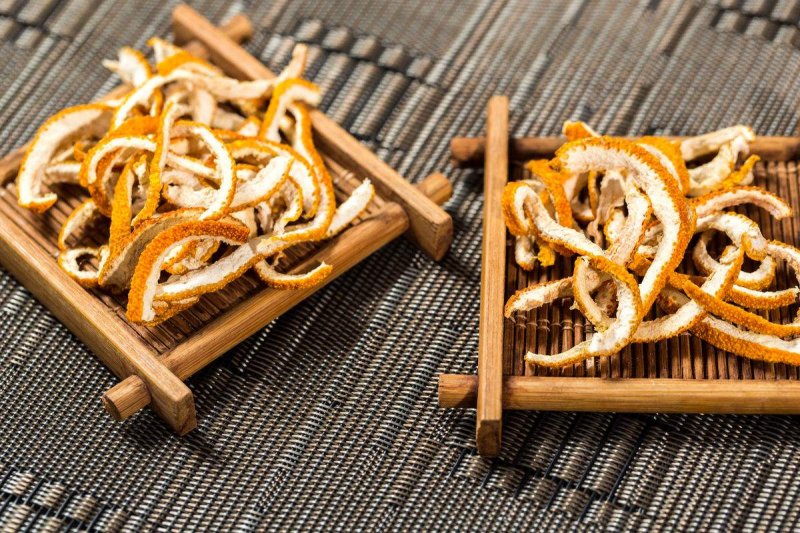
Preserve Harmony (保和丸 Bǎo hé wán)– A Chinese formula for Hangovers
This so-called magic medicine can be found in the cabinet of most Chinese families. It’s highly effective when dealing with stomach problems and other digestive illnesses. This medicine is comprised of a combination of five herbs and can both alleviate a hangover or prevent one if taken the day prior.
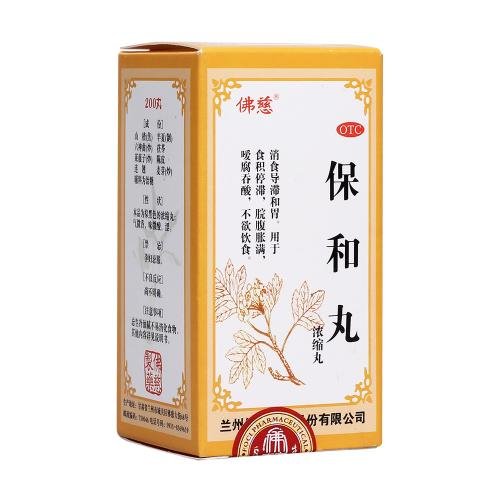
Ingredients:
Hawthorn (山楂 shānzhā) – A popular fruit used in many drinks and beverages in China. This ingredient can be purchased at most supermarkets.
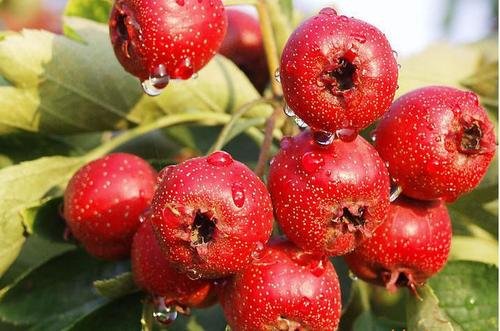
Pinellia Tuber (半夏 bànxià) – A natural herb that is toxic in its raw form but becomes medicinal after processing.
Poria Cocos (茯苓 fúlíng) – A natural fungus and qi tonic that enhances your immune system. This ingredient can be purchased online (Taobao) or at your local Chinese medicine store. Some stores will offer to grind it into powders for you.
Dried Orange peel (陈皮 chénpí) – This herb is especially helpful for nausea and vomiting. You can make your own chenpi by drying tangerine peels under the sun and putting them in a steamer. Repeat this process several times to enjoy your homemade chenpi with tea.
Fructus Forsythiae Suspensae (连翘 Lián qiáo) – This natural bitter herb is only available at pharmacies and is quite expensive.
Mint (薄荷 Bòhé)– Cools and soothes the digestive system and relieves pain from gas. This ingredient can be purchased or grown as it’s a common plant. Also useful in the Cuban hangover cure known as the Mojito.
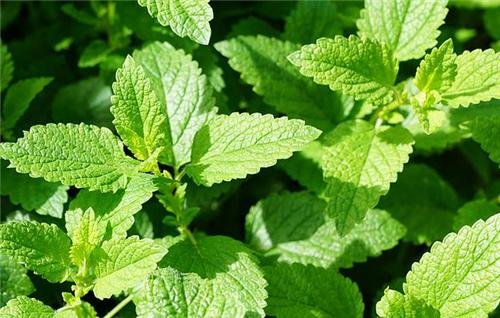
Other ingredients to try out
Wild jujube: Perfect to try out with your homemade chenpi for copious amounts of vitamin C.
Ginger: A natural anti-inflammatory, ginger in your tea is a great alternative to Ibuprofen or other such painkillers that can dole out extra punishment on your already delicate digestive system.
Honey: Add a little of this sweet bee byproduct to some hot water for a simple-but-powerful hydrating concoction.
Know of any other herbal solutions to the morning-after blues? Let us know in the comments below. Meanwhile, party on!
READ: Yanjing Gets Crafty with New Line of Beers
Images: Baidu, Wikipedia

